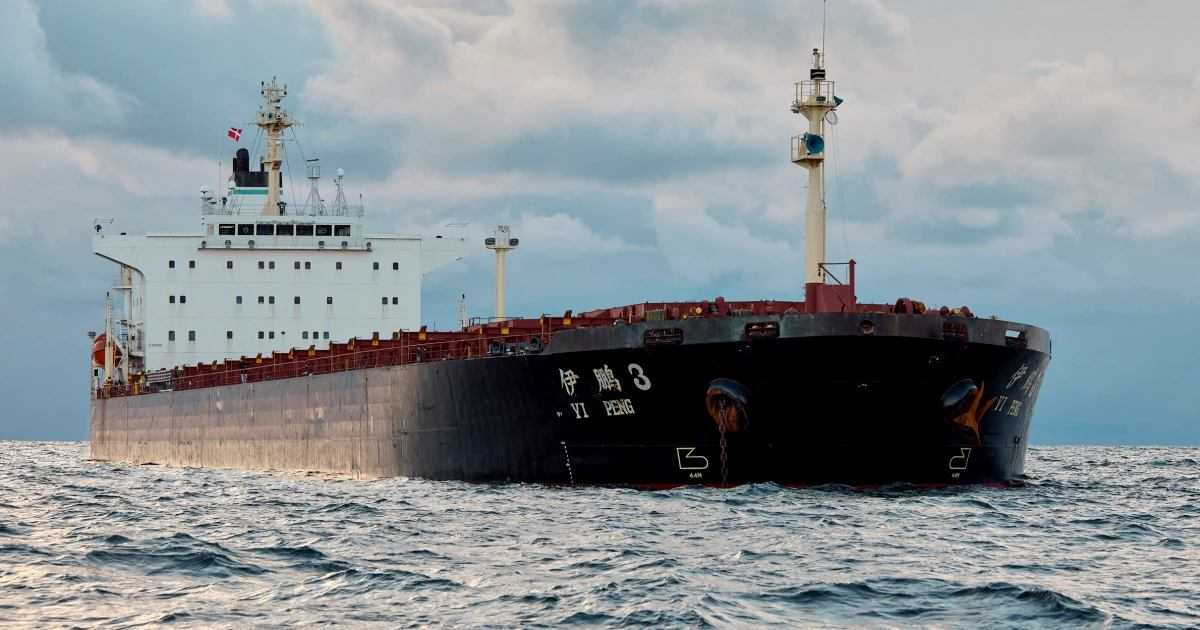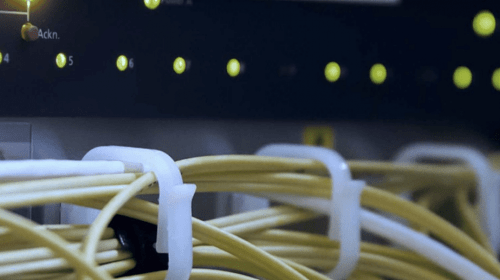What are the Implications for Baltic Security?
Nov 24, 2024
The Danish military has launched monitoring of a Chinese ship that is at the center of an inquiry into damaged optical fiber cables in the Baltic Sea. The event has created much interest of several European nations particularly as the cables are important communication links between several nations. The timing and location of the damages have stirred a lot of concern among international security analysts.
 Yi Peng 3 is anchored in the sea of Kattegat near Jutland in Denmark. Credit: Google
Yi Peng 3 is anchored in the sea of Kattegat near Jutland in Denmark. Credit: Google
The technical details reveal that cable system C-Lion1, which links Helsinki with Rostock, went through system failures about 04:00 UTC Monday. The second impacted an internet connection that connects Lithuania and Gotland Island in Sweden by a 218-kilometer link went offline on Sunday morning. The second of them is the BCS East-West Interlink transmitting submarine cable, Sventoji, Lithuania with Katthammarsvik, Sweden, where the C-Lion1 is crossed only once in the Baltic Sea. Germany’s Defence Minister Boris Pistorius categorically rejected any possibility that the destruction could have resulted from an accident, saying it was clearly a case of sabotage. The affected infrastructure includes two significant submarine cables: The first one will connect Finland and Germany, the second one will connect Lithuania and Sweden. These cables are only a part of around 600 known cables that are used for undersea cables to support the international communication network.
The Swedish police have come out to confirm that they are investigating the matter, stating that they are interested in a Chinese vessel that was found fishing in Danish waters. The inquiry has proceeded to look for other boats that may have been in the said region during the time of the occurrence. The investigators have found that the Chinese ship Yi Peng 3 was in the area at the time of the cable damages, but using traffic data of marine ships, and while the two events occurred simultaneously, it does not mean that the ship caused the damages. Analysis of the ship’s marine tracking data has shown that Yi Peng 3 left the Russian port of Ust-Luga on November 15. Its course positioned the vessel near the damaged Internet cables at the time when the damages were inflicted on Sunday and Monday. The Danish navy has been shadowing the Chinese flagged carrier since Monday evening using at least five different patrol vessels to follow the movements of the vessel through Danish waters.
European authorities have responded swiftly and in unison: the foreign ministers of Finland and Germany have expressed deep concern about the situation. They emphasized that this case highlights contemporary threats to international security, particularly in light of Russia’s ongoing warfare against Ukraine, which began in February 2022 and has drastically escalated threats to European security. These authorities have reiterated that vulnerabilities in critical infrastructure could have severe implications for both civilian and defense communications, especially as Russia’s military invasion continues to threaten regional stability and has already led to numerous cyberattacks and infrastructure disruptions across Europe.
Recent incidents of cable damage in the Baltic Sea underline the urgent need for effective communication alternatives, inevitably pointing to the use of satellite technology. As undersea cables face threats from sabotage or damage, satellite communications serve as a fail-safe tool for organizations requiring continuous connectivity. Satellites are modern, powerful, and secure systems that can be activated when ground or underwater communications are disrupted, playing a crucial role during critical events. Given these infrastructure challenges, selecting a dependable satellite communications provider with proven expertise is essential. Our extensive experience in the satellite communications sector positions BusinessCom as a trusted provider of backup connectivity solutions.





